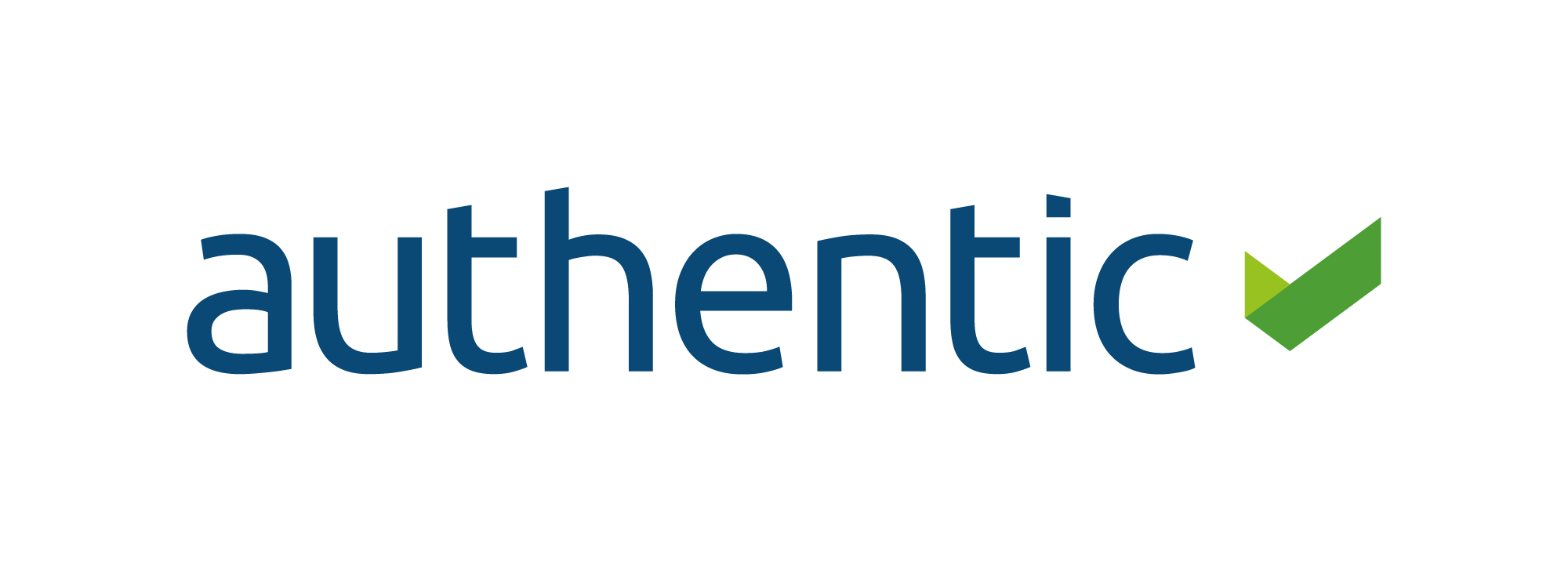Many of the drugs in circulation in Africa are counterfeits. A start-up has now developed a code that makes it possible to identify counterfeit drugs.
The World Health Organization (WHO) estimates that around 10 per cent of all drugs sold in developing countries and emerging economies are counterfeit and have no active ingredients. This figure is likely to be even higher in some parts of Africa. Côte d’Ivoire is one of the countries where counterfeiting is a problem: for financial reasons, many Ivorians have to obtain the drugs on local markets, where fakes circulate virtually unchecked.
A start-up based in the German city of Chemnitz has now developed a solution based on blockchain technology. The application devised by authentic.network uses a decentralised and publicly accessible database stored on a series of networked computers to provide information that cannot be hacked or altered. The generated code cannot be tampered with, so it acts as a guarantee of the authenticity of a particular drug. Pharmaceutical companies and importers can label their products with the code; consumers then use a free app to scan the code with their smartphone and within a few seconds, the app reveals whether the product is a genuine drug or a counterfeit.
Forgery-proof: a digital solution to tackle the trade in fake drugs
The technology is currently being trialled with anti-malaria drugs in cooperation with the Côte d’Ivoire Ministry of Health and industry associations. The project is receiving support in the port city of Abidjan from Rene Megela. The business studies graduate works for the Deutsche Gesellschaft für Internationale Zusammenarbeit (GIZ) GmbH, which is implementing the project on behalf of the German Federal Ministry for Economic Cooperation and Development (BMZ). As a Business Scout, Megela supports cooperation arrangements between Côte d’Ivoire and German companies.

